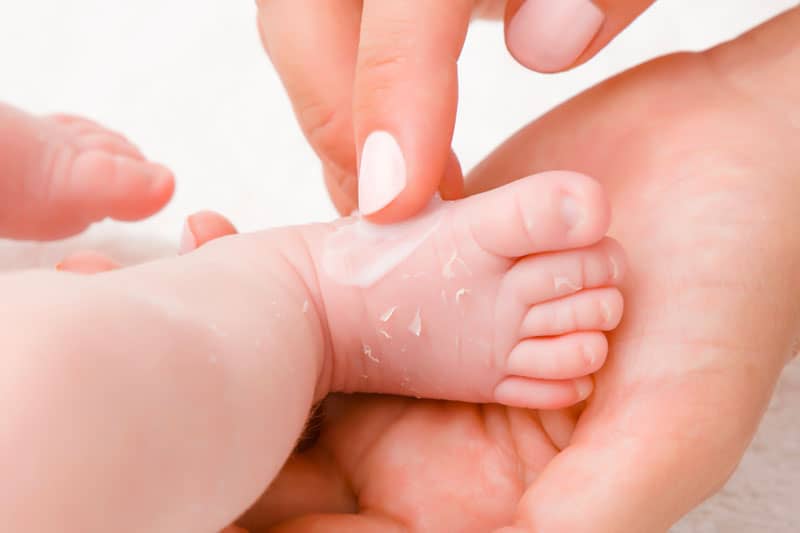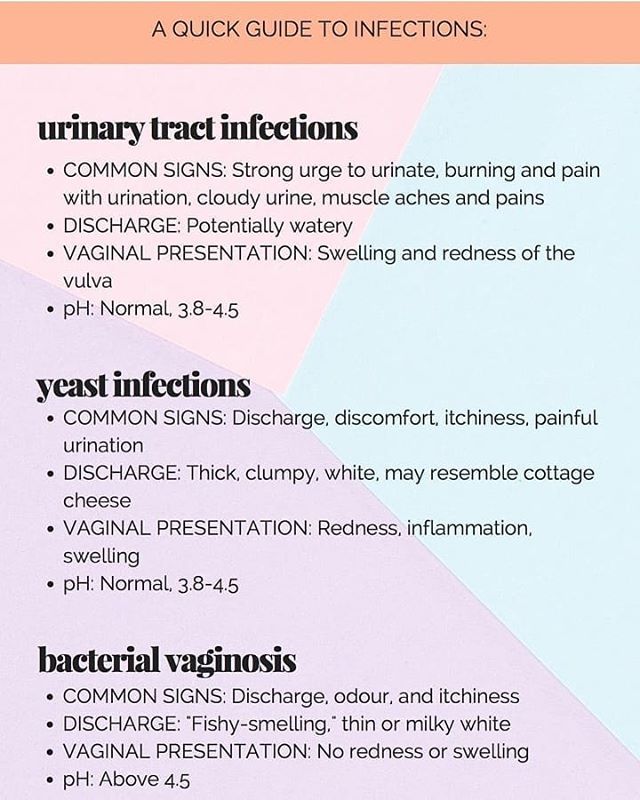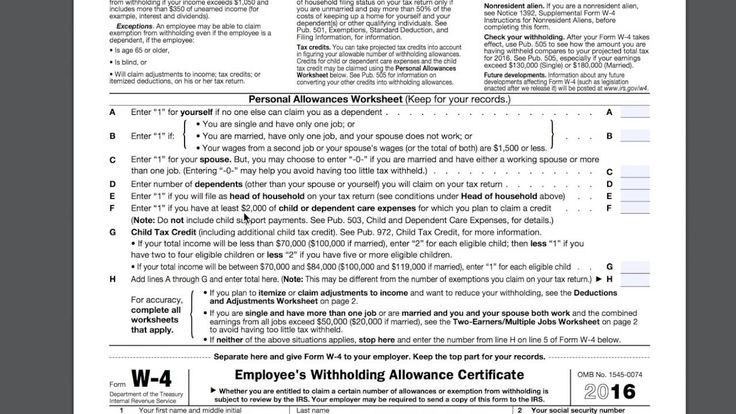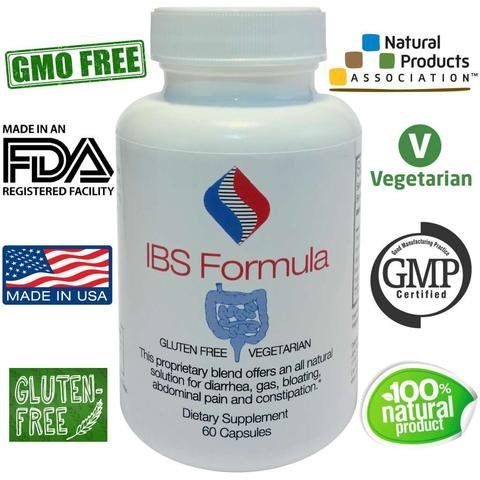A baby was born
When Your Baby's Born Premature (for Parents)
What Is Prematurity?
Babies born more than 3 weeks earlier than their expected due date are called "premature." Premature babies (preemies) didn't have enough time to grow and develop as much as they should have before birth.
Why Was My Baby Born Early?
Most of the time, doctors don't know why babies are born early. When they do know, it's often because a mother has a health problem during pregnancy, such as:
- diabetes (high blood sugar)
- hypertension (high blood pressure)
- heart or kidney problems
- an infection of the amniotic membranes or vaginal or urinary tracts
Babies also may be born early if:
- there's bleeding, often due to a low-lying placenta (placenta previa) or a placenta that separates from the womb (placental abruption)
- the mother's womb is not shaped typically
- they're part of a multiple birth (twins, triplets, or more)
- their mother was underweight before pregnancy or didn't gain enough weight during pregnancy
- their mother smoked, used drugs, or drank alcohol while pregnant
Does My Baby Need Special Care?
Yes, preemies may have many special needs. Younger and smaller babies tend to have more health problems than babies born closer to their due dates. So they often need care in a neonatal intensive care unit (NICU).
Why Must My Baby Stay Warm?
Preemies don't have enough body fat to hold their body temperature. Incubators or radiant warmers keep them warm in the NICU:
- Infant warmers: These small beds with heaters over them help babies stay warm while being monitored. Because they are open, the team has easy access to babies to provide care.
- Incubators: These small beds are enclosed by clear, hard plastic. Temperature in the incubator is controlled to keep a baby's body temperature where it should be. Doctors, nurses, and others can give care to the baby through holes in the sides of the incubator.
What Are My Baby's Nutritional Needs?
Breast milk is the best nutrition for all babies, especially preemies. It has proteins that help fight infection. Most preemies can't feed straight from the breast or bottle at first. Mothers pump their milk and it's given to babies through a tube that goes through the nose or mouth and into the stomach.
Most preemies can't feed straight from the breast or bottle at first. Mothers pump their milk and it's given to babies through a tube that goes through the nose or mouth and into the stomach.
If that is not an option, doctors may suggest giving the baby donor milk from a milk bank, which is safe.
If you don't breast feed or pump milk, your baby will get formula. Preemies need more calories, proteins, and other nutrients than full-term babies do. So extra nutrients called fortifiers may be added to pumped milk or specially designed preterm formulas may be used to help your baby grow.
Preemies are fed slowly because they can get necrotizing enterocolitis (NEC), a serious intestinal problem that affects preemies.
Some babies who are very small or very sick get their nutrition through intravenous (IV) feedings called total parenteral nutrition (TPN). TPN has a special mix of nutrients like proteins, carbohydrates, fats, vitamins, and minerals that can fully support a baby’s growth until they can feed.
Doctors and dietitians watch the diets of preemies very carefully and make changes when needed to make sure the babies get the nutrients needed to grow.
What Health Problems Can Happen?
Because their organs aren't fully ready to work on their own, preemies are at risk for health problems. In general, the earlier a baby was born, the greater their chances of health problems.
These problems include:
- anemia, when babies don't have enough red blood cells
- apnea, when a baby stops breathing for a short time; the heart rate may lower; and the skin may turn pale or blue
- bronchopulmonary dysplasia and respiratory distress syndrome, problems with breathing
- hyperbilirubinemia, when babies have high levels of bilirubin, which is produced by the normal breakdown of red blood cells. This leads to jaundice, a yellowing of the skin and whites of the eyes.

- necrotizing enterocolitis, a serious disease of the intestines
- patent ductus arteriosus, a problem with the heart
- retinopathy of prematurity, a problem with the eye's retina
- sepsis infections that babies can get before, during, or after birth
What Else Should I Know?
Preemies often need special care after leaving the NICU, sometimes in a high-risk newborn clinic or early intervention program. Depending on their health, they may need care from specialists, such as doctors who treat problems with the brain and nervous system (neurologists), eyes (ophthalmologists), and lungs (pulmonologists).
Preemies must go to all doctor visits (including well-child checkups), get the vaccines that all babies need to stay healthy, and have routine hearing and eye exams. As your little one grows, doctors will check your baby's:
- growth
- development, including speech and language, learning, and motor skills
- muscle tone, strength, and reflexes
Looking Ahead
Caring for a preemie can be more demanding than caring for a full-term baby.
Take care of yourself by eating well, resting when you can, and getting exercise. Spend one-on-one time with your other children when you can, and get help from others. Look for support from friends, family, and support groups. You also can get support online from groups such as:
- March of Dimes
- Graham's Foundation
- Life's Little Treasures Foundation
- Hand to Hold
Reviewed by: Lynn M. Fuchs, MD
Date reviewed: October 2021
Why Are Babies Born Early? (for Parents)
Reviewed by: Thinh Phu Nguyen, MD
Fetal Medicine at Nemours Children's Health
en español ¿Por qué algunos bebés nacen antes de tiempo?
Most babies are born healthy at or near their due date. Sometimes, though, babies are born early and might have health problems.
Why Are Some Babies Born Early?
Babies born before 37 weeks are premature. A premature birth is more likely to happen when a mother has a health problem — like diabetes — or does harmful things during her pregnancy, like smoke or drink. If she lives with a lot of stress, that also can make her baby be born too early.
If she lives with a lot of stress, that also can make her baby be born too early.
Many things can cause a baby to be born early or with health problems. Some of these things can be controlled, but others can't.
Here's what you can do to have a healthy pregnancy.
How Can I Stay Healthy During Pregnancy?
During pregnancy, help your baby grow strong and healthy. Be sure to:
- Start prenatal care as soon as you think you're pregnant. Prenatal care is the health care that you get during pregnancy. All pregnant women should see a health care professional as soon as they think they're pregnant, and should plan regular prenatal visits throughout pregnancy.
- Get health problems treated. It's best to have any health problems (like diabetes, depression, or high blood pressure) under control before becoming pregnant. But if you don't, talk to your doctor right away about a treatment plan.
- Eat a healthy diet.
 It's important to eat a variety of healthy foods before and during pregnancy. Take a prenatal vitamin to be sure you're getting enough folic acid, iron, and other important nutrients.
It's important to eat a variety of healthy foods before and during pregnancy. Take a prenatal vitamin to be sure you're getting enough folic acid, iron, and other important nutrients. - Gain the right amount of weight. How much weight you should gain depends on how much you weighed before you were pregnant. Most women who are at a healthy weight should gain about 25 to 35 pounds during pregnancy. Overweight women should probably gain less.
- Don't smoke, drink alcohol, or take illegal drugs. Staying away from tobacco, alcohol, and drugs can help you and your baby avoid many serious health problems, like fetal alcohol syndrome and neonatal abstinence syndrome (NAS). If you do any of these things, get help to quit.
- Wait at least 12 months between pregnancies. Increasing the time between pregnancies may lower the chances of preterm birth, especially if you had a premature baby before.
Things You Can't Control During Pregnancy
Some things that may increase the chances of a premature birth are out of your control.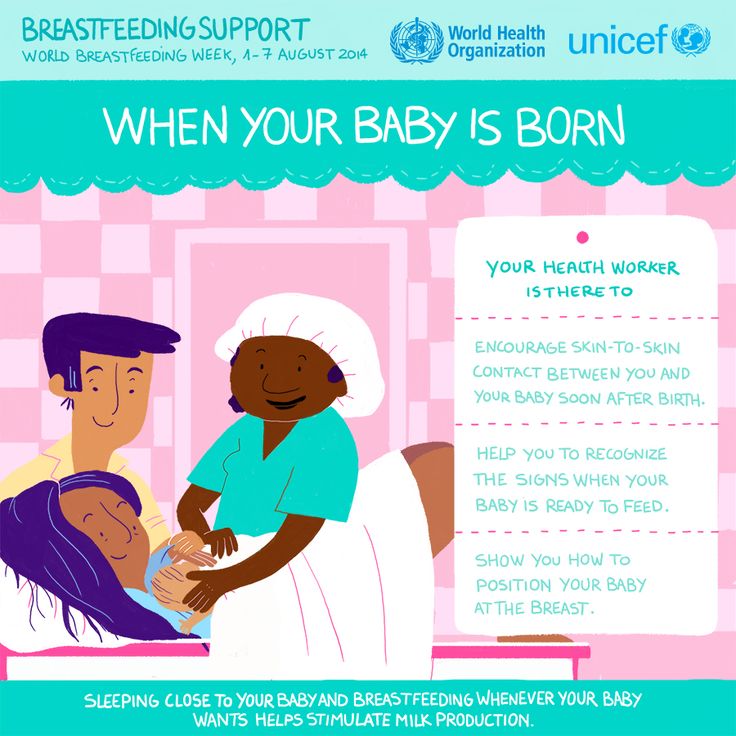 This doesn't mean that your baby will be born sick or too early. Remember, most babies are born healthy.
This doesn't mean that your baby will be born sick or too early. Remember, most babies are born healthy.
Here are some things you can't control during pregnancy:
- Your age. Mothers who are 17 or younger or 35 or older are more likely to have a premature baby. Teen moms are more likely to get high blood pressure during pregnancy and less likely to get the health care they need. Older women are more likely to have health problems before they get pregnant.
- The number of babies (multiples). The chances of having a premature baby go up if the mother is pregnant with twins, triplets, or more. More than half of all twins are born early.
- Your health. Moms with problems like diabetes, depression, or high blood pressure may need to see their health care professional more often to keep these conditions under control.
- Problems with an earlier pregnancy. A woman who has had a previous early delivery, or a baby born with health problems or a birth defect, is more likely to have problems in future pregnancies too.

- Other factors. It's not clear why, but black women are more likely to have premature babies than white and Hispanic women.
If you're pregnant or are planning to be, talk with your health care professional. Women who get regular prenatal care are more likely to have a healthier pregnancy and baby.
Reviewed by: Thinh Phu Nguyen, MD
Date reviewed: August 2022
What to do to a young mother in the first months after the birth of a child
The birth of a baby is the most joyful event that can only happen in the life of a family! However, along with the beloved baby, new chores come into the house.
How not to forget anything important in the first, most difficult and hectic days and weeks? To help young mothers, we have prepared this article, in which we listed all the most important points point by point - what you need to remember for sure.
1. Take care of your baby's health
It would be health, and the rest will follow. Unfortunately, this saying is most often remembered only after health problems arise. Meanwhile, many troubles can be avoided if you devote a little more time to caring for the condition and well-being of the newborn.
Unfortunately, this saying is most often remembered only after health problems arise. Meanwhile, many troubles can be avoided if you devote a little more time to caring for the condition and well-being of the newborn.
Choose a competent pediatrician
and schedule a visit to him
An experienced, attentive pediatrician is a guarantee of a child's health in the future. Therefore, it is so important to approach the choice of a pediatric doctor with all seriousness. Many expectant mothers choose a pediatrician for their baby during pregnancy. nine0003
In the Istok Health Clinic, for this purpose, "Meet the Doctor" campaigns are periodically held, in which women who are expecting an addition to the family can sign up for a free short appointment with our pediatricians. Such meetings allow you to choose a specialist who inspires maximum confidence as a professional and the most likeable as a person.
This is really important. After all, a pediatrician is not just a doctor. He is an adviser and mentor to a young mother who will tell:
He is an adviser and mentor to a young mother who will tell:
- how to care for a baby
- what can and cannot be eaten by a nursing mother
- how to properly feed your baby
- when you can start walking
- what a baby's daily routine should be, etc.
Keep a notebook in which you will write down questions that arise so that you can ask them during your visit to the pediatrician.
Sign an agreement for comprehensive monitoring of your child
At the Istok Health Clinic, you can not only visit a pediatrician as part of regular appointments, but also draw up a contract for participation in one of Comprehensive monitoring programs for children in the first year of life . This will allow parents to be sure that the child is timely and in full:
- will undergo examinations due to age
- will receive mandatory vaccinations
- will pass all the necessary tests.
Programs also include the opportunity to communicate via tenlephone with a personal pediatrician during working hours (daily from 8-00 to 20-00) in order to get advice or ask exciting questions. nine0003
nine0003
Show your baby to an osteopath
Osteopath is another doctor who will help your baby grow up healthy. Gently acting with his hands, he will conduct a comprehensive diagnosis of the child's body, identifying areas of overvoltage, clamps and displacements. Approximately 80% of children during such examinations reveal signs of birth dysfunction that cannot be detected by any other diagnostic methods.
Do not be surprised, birth dysfunctions often do not have pronounced external signs. Sometimes we are talking about microcracks and microhemorrhages, minor displacements of organs and bones. However, even these hidden injuries can lead to serious complications in the future:
- developmental delays
- violations in the activity of the central nervous system
- autism spectrum disorders
- attention deficit hyperactivity disorder
- flat feet and clubfoot
- strabismus and other pathologies.

All these negative consequences can be avoided by consulting an osteopath in a timely manner. In the first two months of life, a child is especially susceptible to osteopathic treatment, so try to schedule a visit to the doctor for this period. nine0003
Using manual methods, the doctor will restore normal muscle tone, activate blood circulation and direct the baby's body along the path of healing, starting natural recovery processes. Unlike a chiropractor, an osteopath does not set, twist, or put anything in place. He acts extremely carefully and accurately, so osteopathic sessions are allowed already in the first days of a baby's life.
Book your baby for a massage
Professional Massage is equally beneficial for both adults and children. To prescribe a massage course, no specific indications are needed; it is suitable for absolutely all babies, even completely healthy ones. It is rather a developing and strengthening procedure than the treatment of any specific diseases.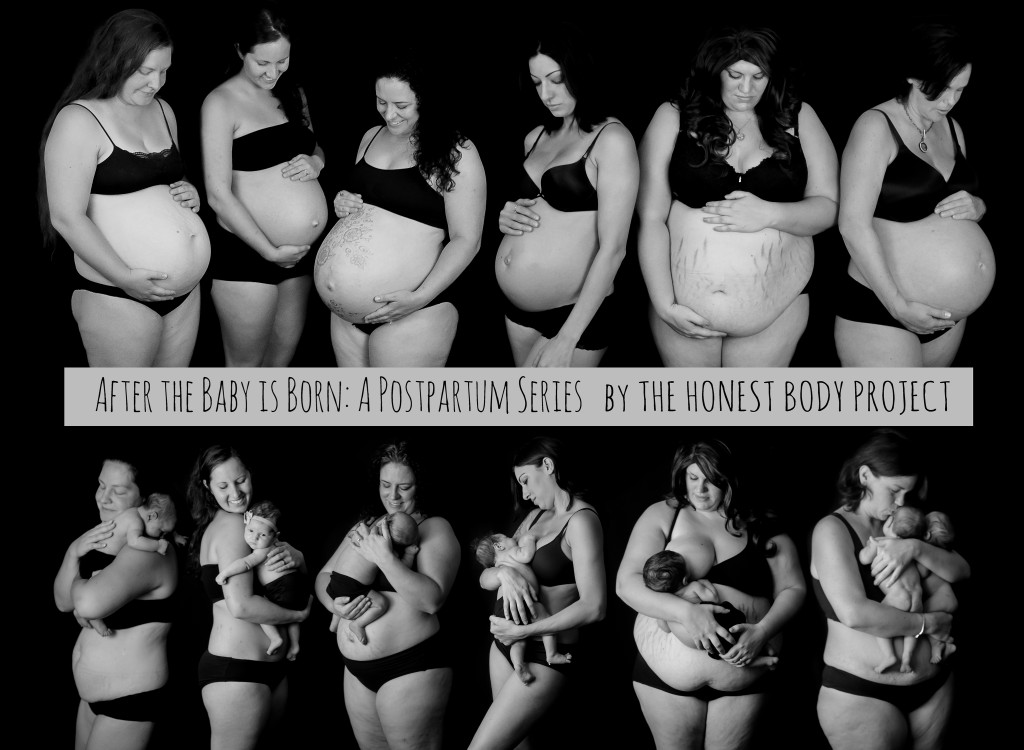
Caring parents bring their newborn babies for a massage to our Clinic, because it allows:
- help the baby develop physically, strengthen muscles nine0026 improve coordination
- stimulate circulation
- increase body resistance
- calm nervous kids, cheer them up.
For babies undergoing osteopathic treatment, massage is especially important because it helps to consolidate the results of osteopathic sessions. Also, massage is often prescribed for premature babies and babies born by caesarean section.
Assemble a first aid kit
for a child
It is important to remember that the baby must have a separate first aid kit. Under no circumstances should medicines for children be stored together with medicines for adults. Otherwise, you risk giving the baby an “adult” drug with a high dosage of the active substance by mistake and worsen the child’s condition.
Your pediatrician will tell you what should be in your baby's first aid kit. Here is just an approximate list of the most necessary medicines:
Here is just an approximate list of the most necessary medicines:
- digital thermometer
- hydrogen peroxide 3% for umbilical wound treatment
- antipyretic and analgesic preparations
- laxatives, antidiarrheals and carminatives
- allergy preparations (antihistamines)
- eye and ear drops
- bandage, gauze, cotton wool, adhesive plaster.
Medicines should be stored in a dark place where the baby cannot reach them on their own.
2. Take care of your own health
A healthy mother means a healthy baby. This is a perfectly fair statement. The physical and emotional state of the parents greatly affects the health of the baby in the first months of life. Therefore, it is important for young parents to take care not only of the child, but also of their own well-being.
Watch your emotional background
A baby, like a mirror, repeats the emotions of close people who care for him. The state of the baby is especially strong envy from the well-being and mood of his mother. If she is anxious and tense, then the child will be nervous, cry, act up. And if the mother is joyful, calm and radiates confidence, then the baby will feel loved and happy. nine0003
The state of the baby is especially strong envy from the well-being and mood of his mother. If she is anxious and tense, then the child will be nervous, cry, act up. And if the mother is joyful, calm and radiates confidence, then the baby will feel loved and happy. nine0003
It is very important not to forget about this simple pattern among the worries and troubles that surround a young mother from early morning until late evening. Here are some important rules that will help you to remain reliable, safe, calm for your loved ones, despite the abundance of household chores:
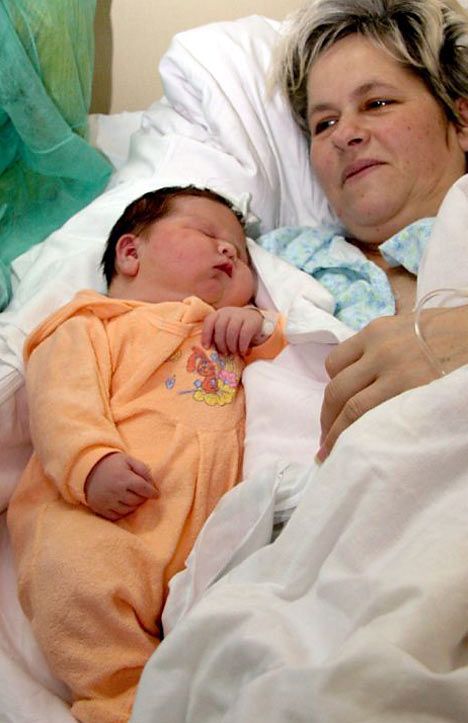
3. Complete the necessary documents
To become a full-fledged citizen of the Russian Federation, a baby needs not only to be born, but also to receive several important documents. This is:
- birth certificate: issued at the maternity hospital or at the registry office, can also be issued through the State Services portal.
This is the most important document for a child - an analogue of a passport for adults. An application for a birth certificate must be submitted within the first month of a baby's life.
- CHI policy: issued at the office of the insurance company, clinic or MFC
- certificate SNILS can be obtained at the territorial office of the Russian FIU or the MFC. nine0027
You will need these documents in order to:
- register your baby at the place of residence
- register the child's citizenship
- put him on the waiting list for kindergarten
- receive payments and benefits from the state
- Seek medical attention.

4. Record the important moments of the child's life
In the course of daily chores, you run the risk of missing something really important - something that cannot be bought for any money and cannot be restored in any way over time. These are memories of the first days, weeks, months of your beloved baby's life! nine0003
That is why we strongly advise you to record all significant events that happen to your baby. Don't rely on memory alone - take pictures and record.
Arrange a photo shoot for the newborn
If possible, you can hire a photographer who specializes in newborn photography. But you can take good pictures on your own. On the Internet, you will find many guides on how to best photograph babies and what props to prepare for shooting. nine0003
Lack of a professional camera is not a reason to cancel a photo session, because most modern smartphones allow you to get bright, juicy, high-quality pictures.
Life hack: try to take pictures of your baby with the same toy every month so you can see how he grows.
Start an album
of the first year of a child's life
On sale you can find a great variety of stunningly beautiful album books, which already have photo frames and note templates, envelopes for tags from the hospital and prints of children's hands. Not every mother herself, without a hint, will figure out how to make an impression of an infant's ass! nine0003
Such albums allow you to keep memories of the baby's first smile, his first bath and first steps, the first word, your first trip together... As the years go by, you will thank yourself more than once for having such an album!
5. Schedule your daily routine
Caring for your baby 24/7 is both hard work and a lot of responsibility. As a result, in the first months of a child's life, many young mothers, already exhausted by pregnancy and childbirth, experience excessive physical and emotional stress. This is especially evident in families where there are no grandmothers. nine0003
If you do not learn how to rationally allocate your time, burnout may occur, to which irritability, apathy and depression will be added.
That is why it is so important to plan your day in advance, write down important moments so that, despite any surprises, you will not forget about something important. It's a good idea to schedule your daily chores so you don't keep day-to-day responsibilities in your head and risk missing out.
But remember that such a plan must be flexible, because children are not trains, and they do not always eat and sleep on a strict schedule. It's best to always have a "Plan B" in reserve in case the baby gets naughty and breaks the structure of your day. nine0003
And the most important piece of advice - do not try to cope with all the responsibilities and difficulties alone. Feel free to ask for help and discuss problems with loved ones - they will definitely help you! Let your spouse also take care of the baby and do some of the housework. This will make your family even more united and strong.
A child with a six-centimeter tail was born in Mexico - Gazeta.
 ru
ru A child with a six-centimeter tail was born in Mexico - Gazeta.Ru | News
close
100%
A girl was born in Mexico with a tail that was 5.7 centimeters long. This is reported by in the Journal of Pediatric Surgery Case Reports.
According to doctors, this was the first case of this phenomenon in Mexico. It is noted that the girl was born full-term, the mother's pregnancy proceeded without complications.
“The structure of the tail was soft, covered with skin and thin hair, it could be moved without pain, but there was no spontaneous movement. The child cried when the tail was pricked with a needle, ”says the scientific article. nine0003
After re-examining the baby two months after birth, the doctors found that the girl's tail was still growing. The shoot was decided to be removed.
Doctors analyzed the newborn's tail and found that it contained not only soft tissues, but also arteries, veins, and bundles of nerves.
As specialists added, boys are born with this pathology more often than girls. With the normal development of the fetus, the tail gradually leaves and turns into a coccyx. If it remains, then the process may occur due to tumors, in other cases, the tail has nerve endings and arteries. nine0003
Earlier it was reported that surgeons removed the tail of a newborn boy.
Subscribe to Gazeta.Ru in News, Zen and Telegram.
To report a bug, select the text and press Ctrl+Enter
News
Zen
Telegram
While I'm on a business trip, my mother-in-law brings brides to my husband
A 42-year-old Muscovite talks about the unacceptable behavior of the mother of her beloved man
Crowds, hellish prices and boorish compatriots: why I won’t go to Moscow for New Years anymore 15.01.2023, 08:18
My husband told me that he would spend all bonuses on his daughter from his first marriage
A teacher from Moscow about the difference in gifts for children 14.
